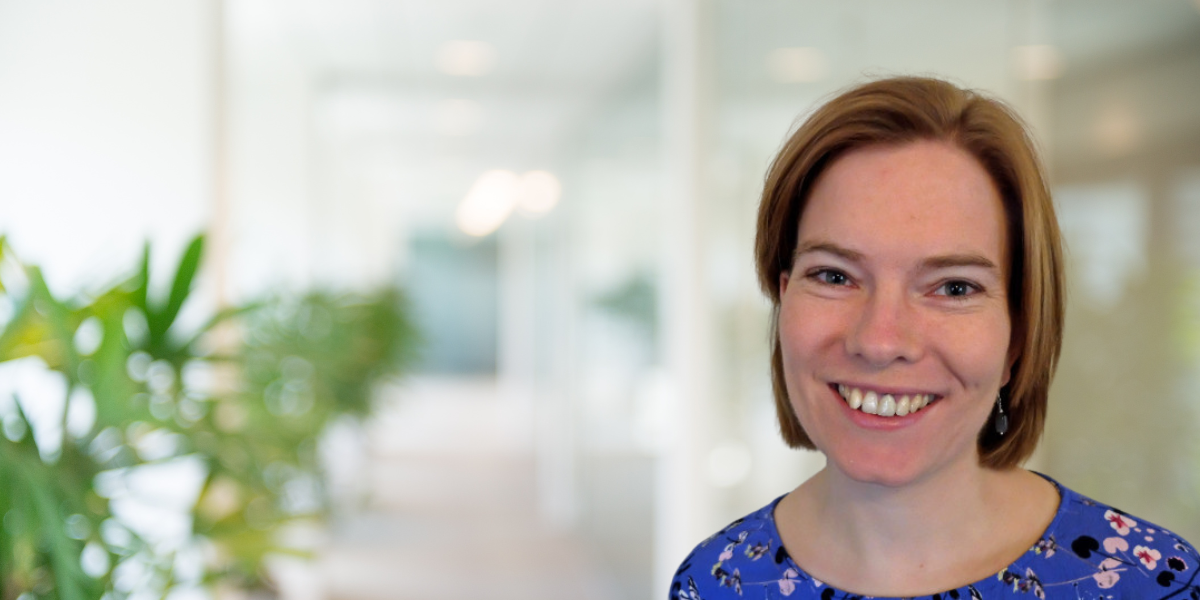Research funding for autonomous systems
The EPSRC’s vision is for the UK to be recognised as the place where the most creative researchers can deliver world-leading engineering and physical sciences research. AI is one of the largest growth areas for EPSRC funding: the AI Technologies portfolio increased from £56M in 2016 to £128M in 2022 and the AI training portfolio increased from £31M to £102M in the same timeframe.
Helen works across the region to understand the research and innovation taking place, identify synergies, and make connections. As part of this, Helen connects with the AAIP team. EPSRC also lead the UKRI-funded £33M Trustworthy Autonomous Systems (TAS) programme, which launched in 2020. Its vision is to enable the development of socially beneficial autonomous systems that are both trustworthy in principle and trusted in practice by the public, government, and industry.
What impact has AAIP had?
Funding for research and application projects using AI has increased significantly over the lifetime of the AAIP. York’s influence is particularly apparent in the TAS programme:
Following an open competition, York was one of the recipients of this £33M programme. Specifically, the Trustworthy Autonomous Systems Node in Resilience, led by AAIP's Professor Radu Calinescu.
Guidance and publications
York has also had a wider influence on the system as a result of AAIP's guidance and publications.
What if AAIP hadn’t been involved?
Helen sees our emphasis on safety assurance as a defining feature of the Programme.

